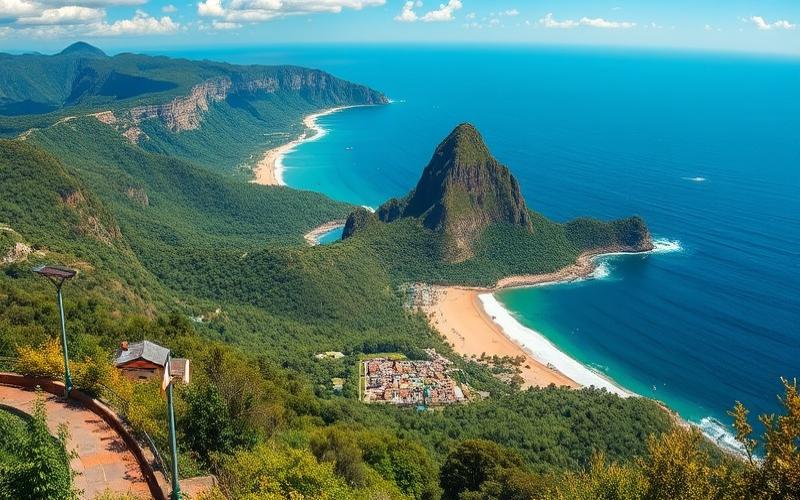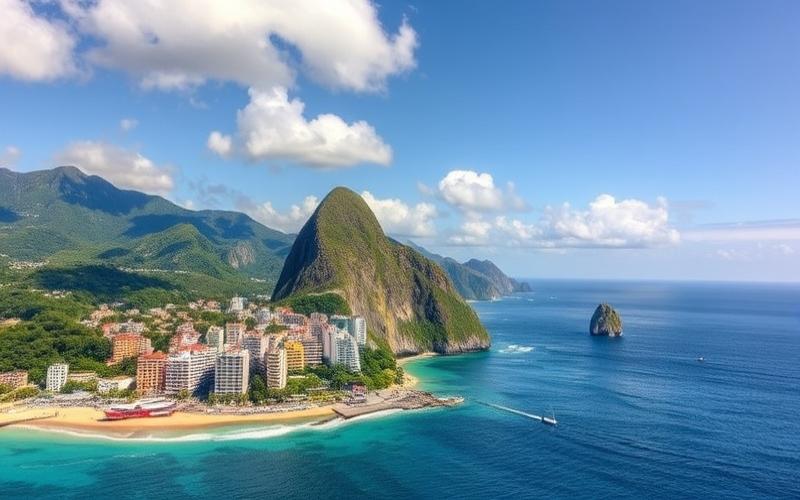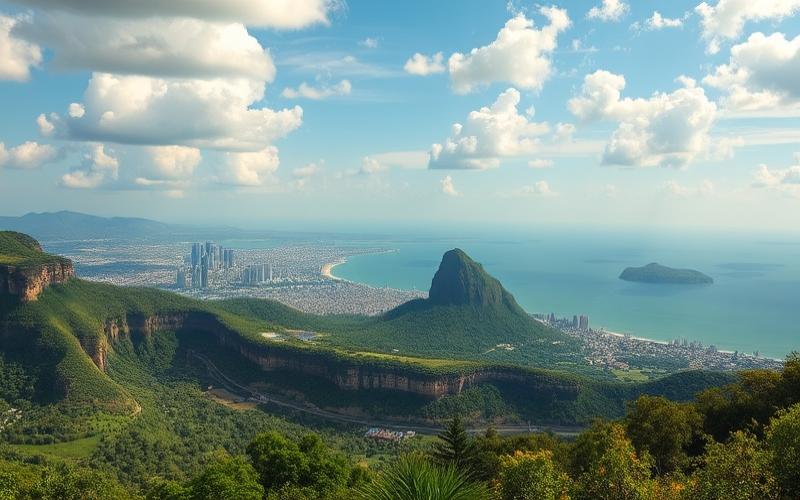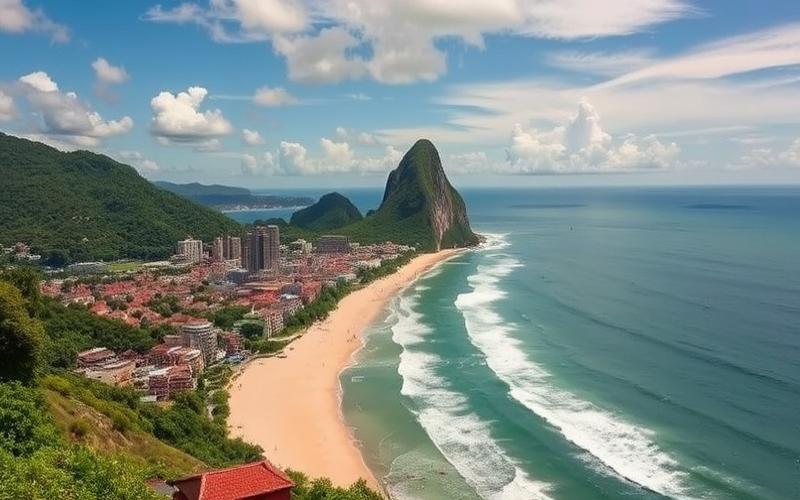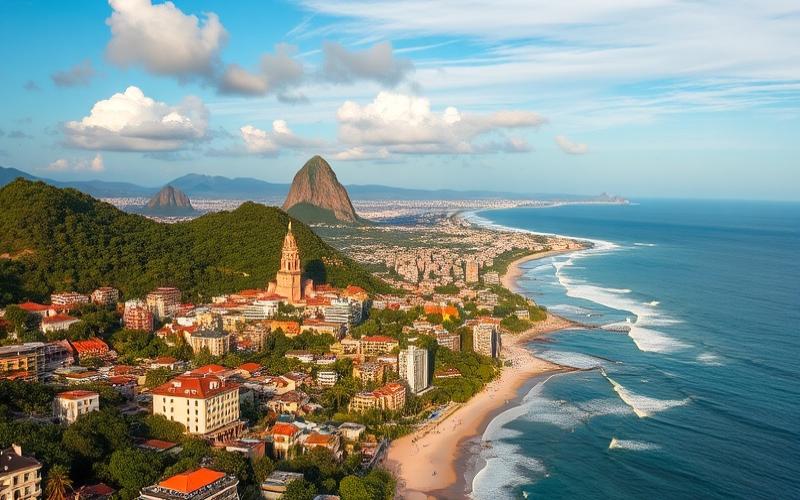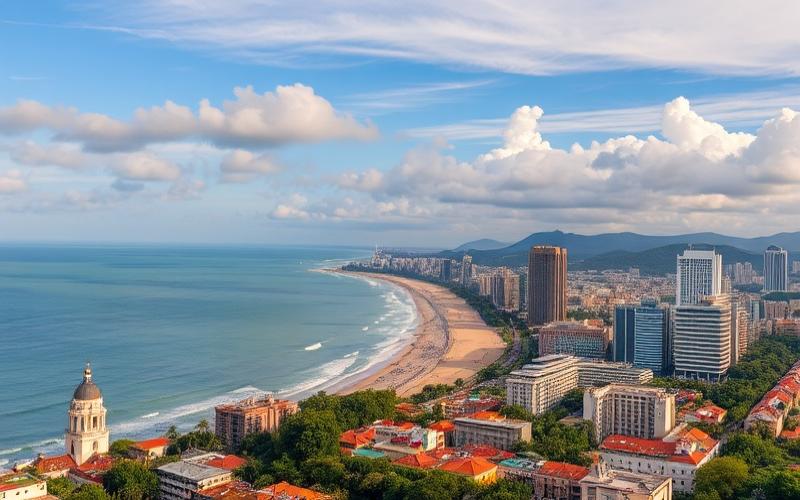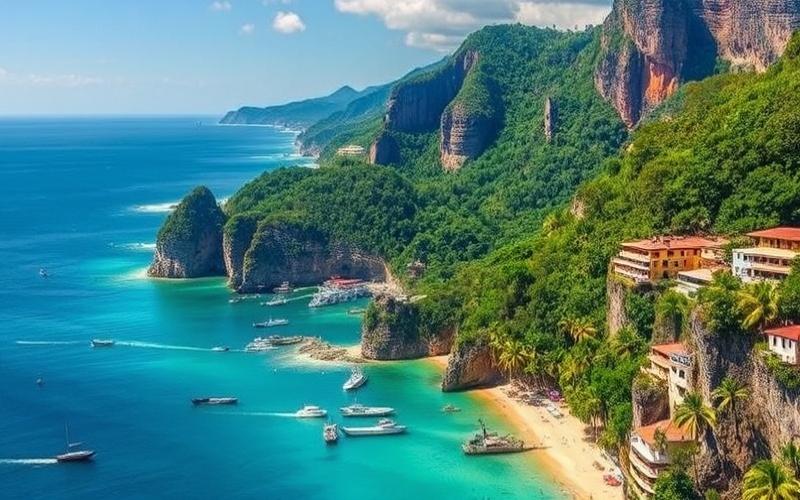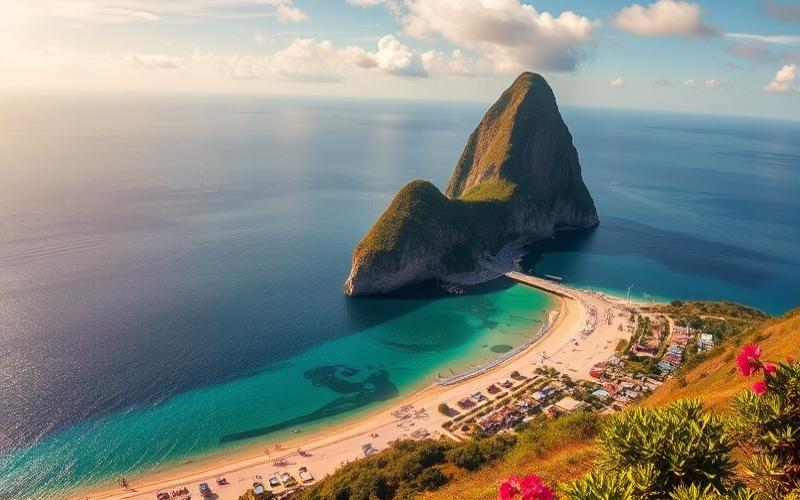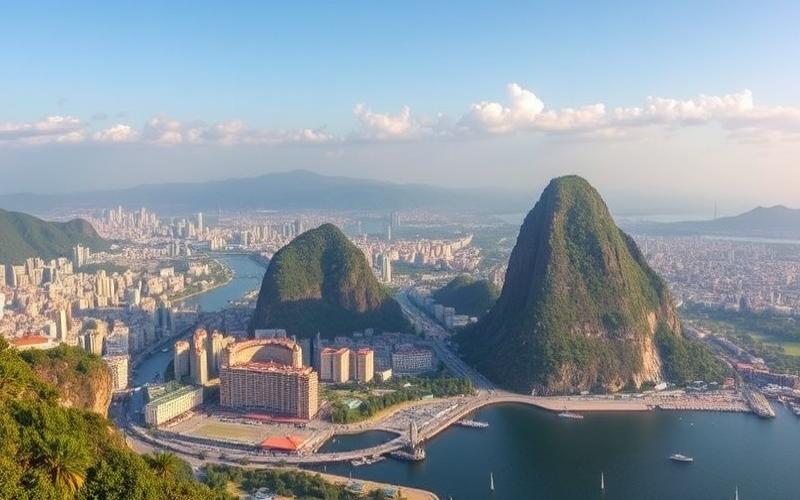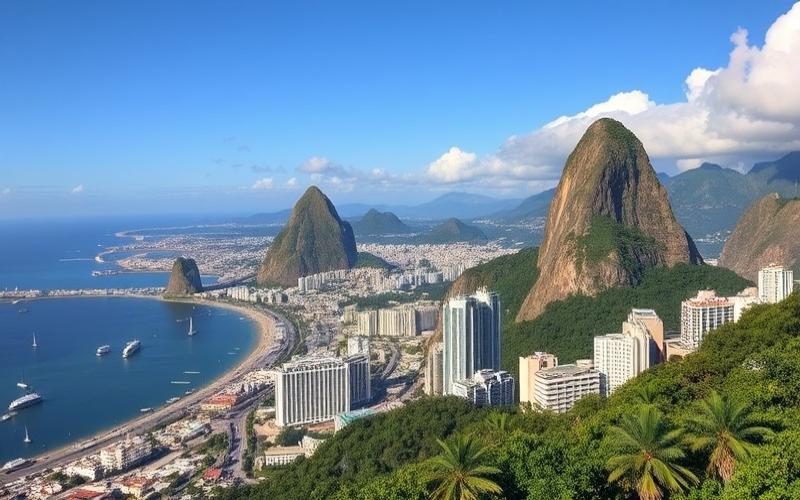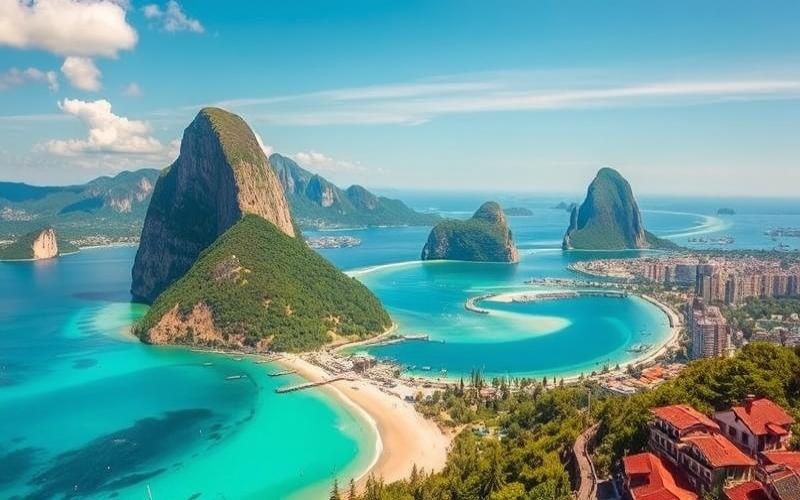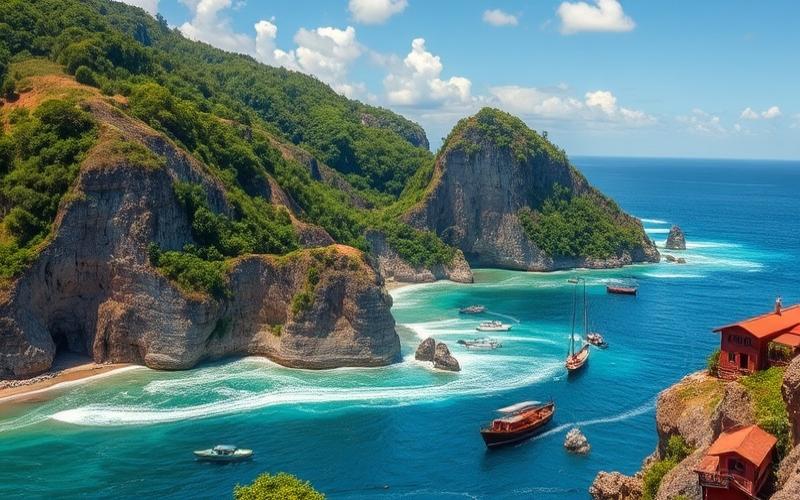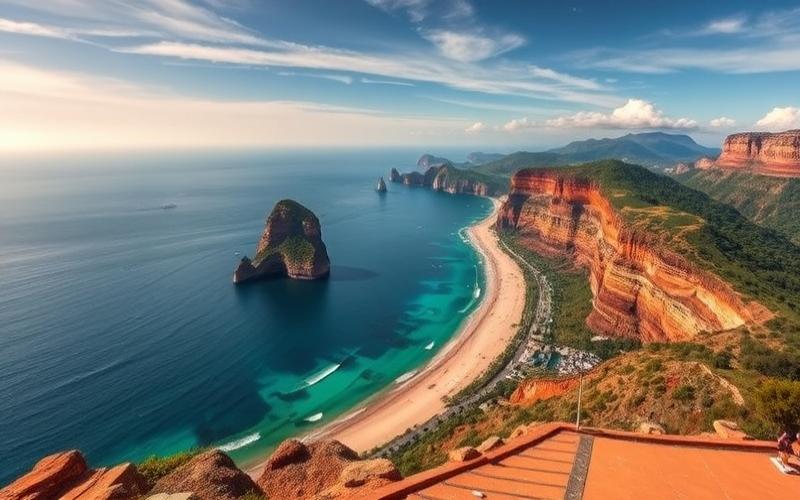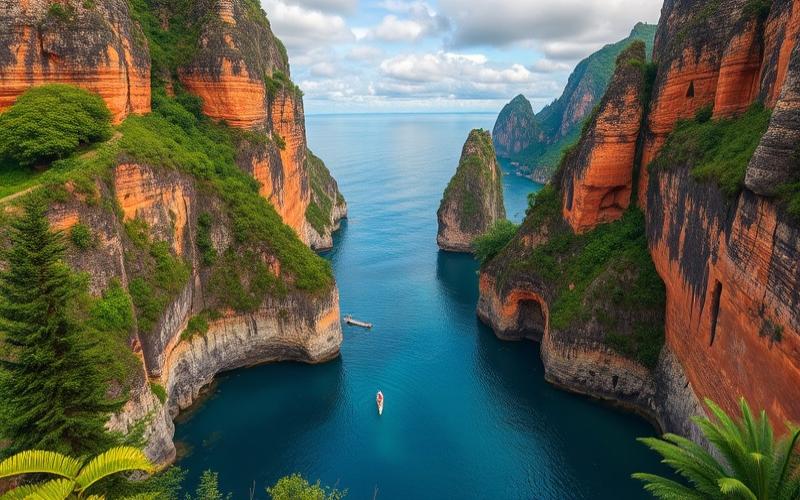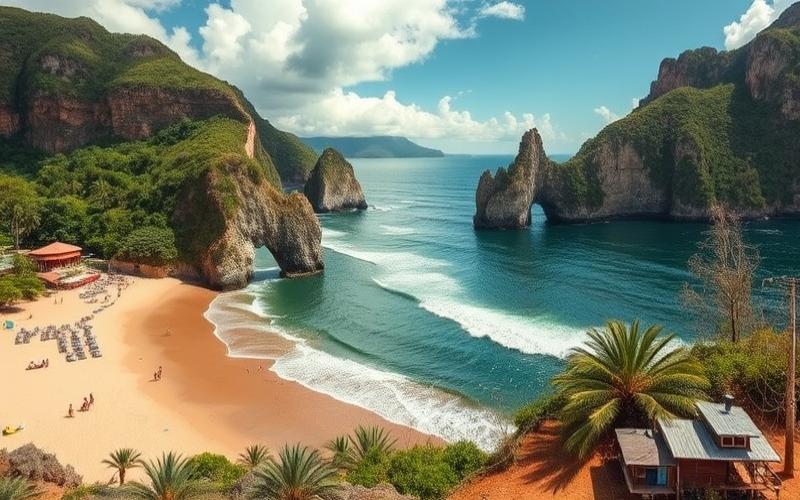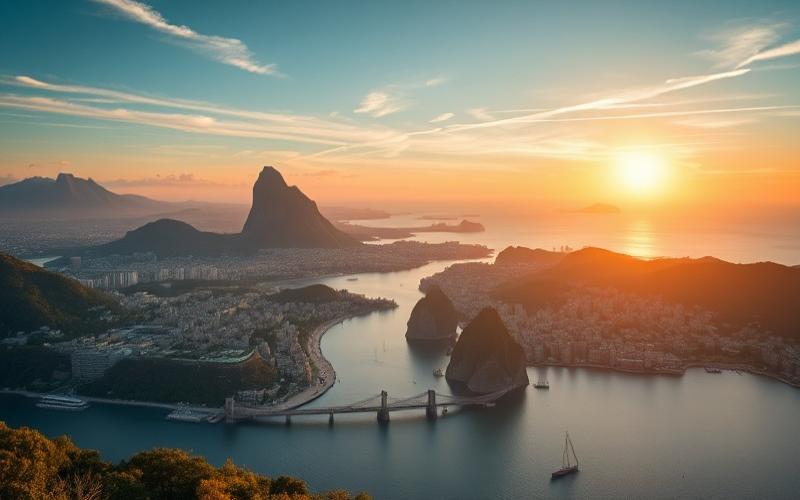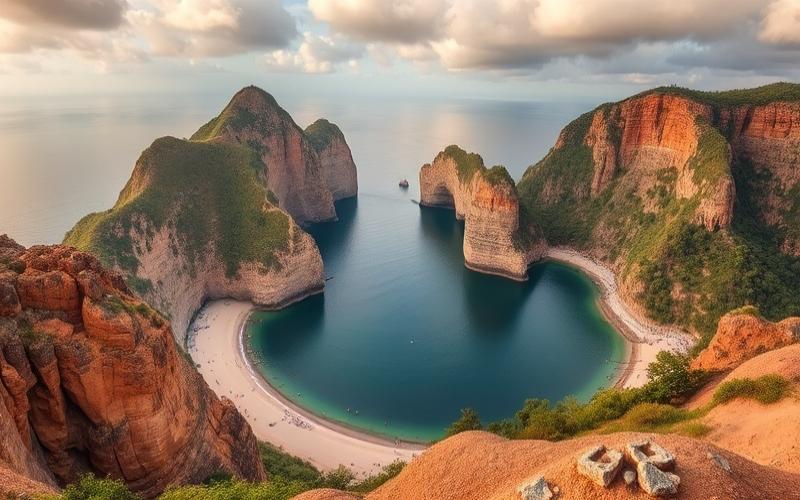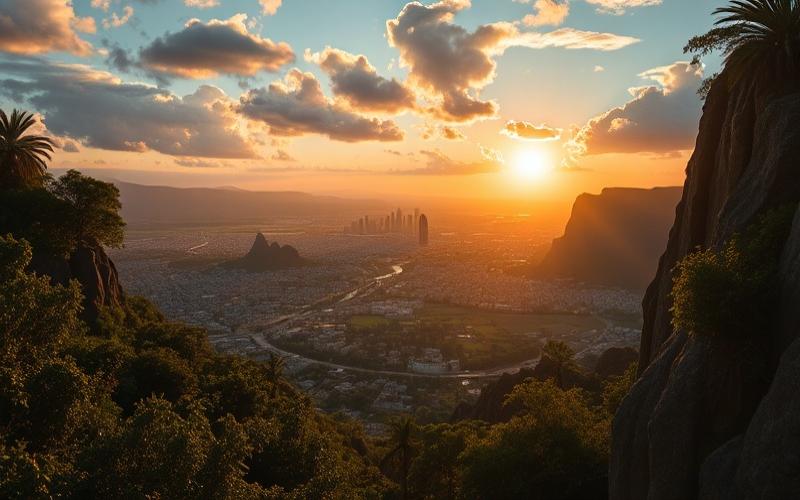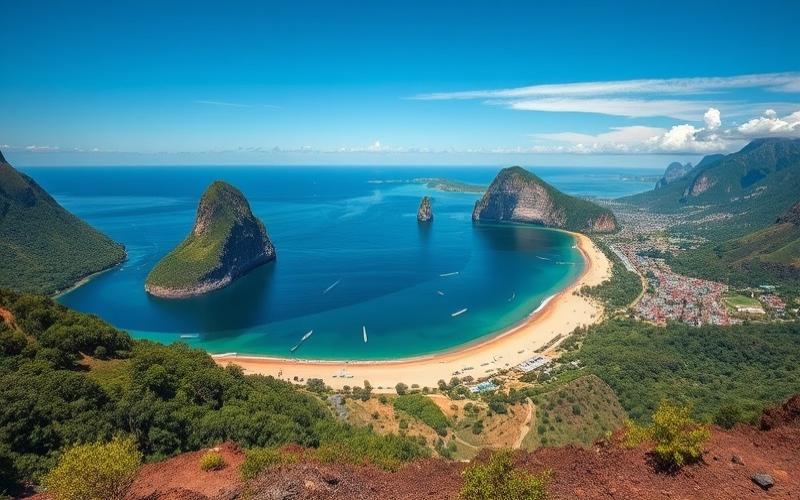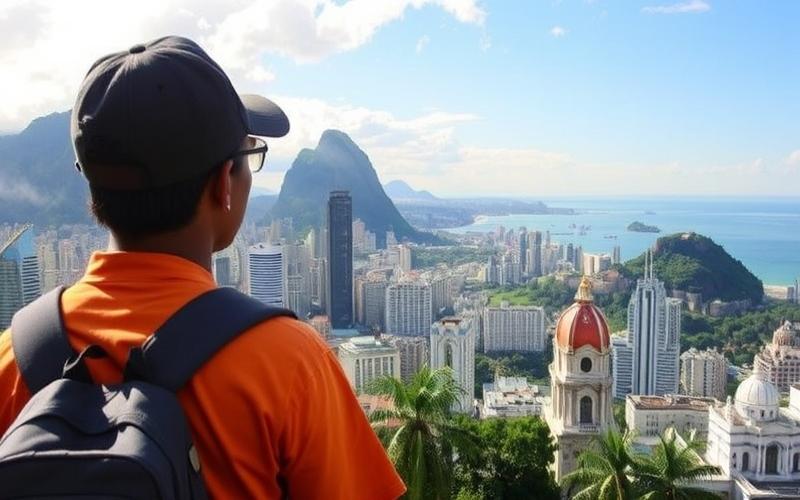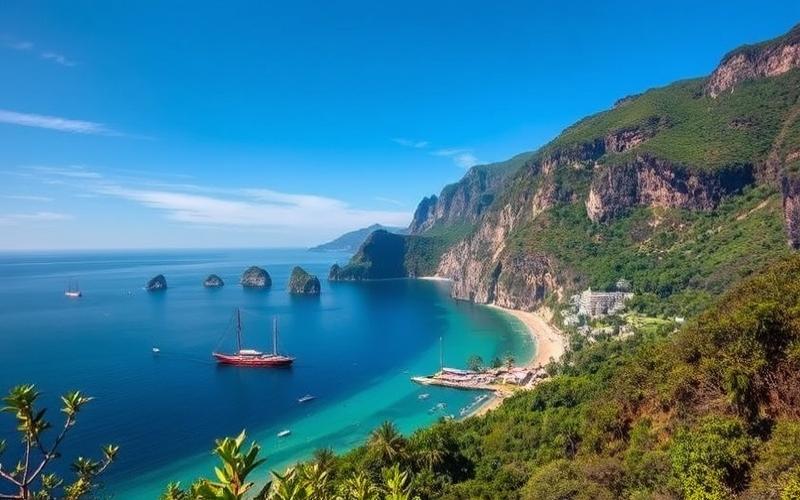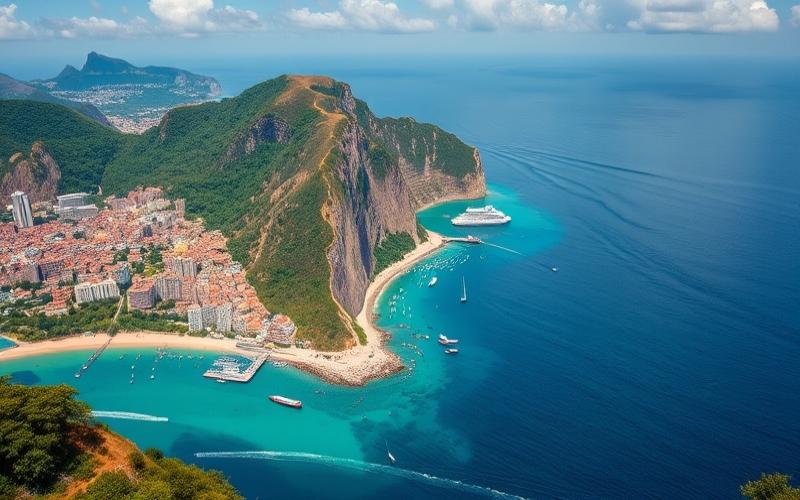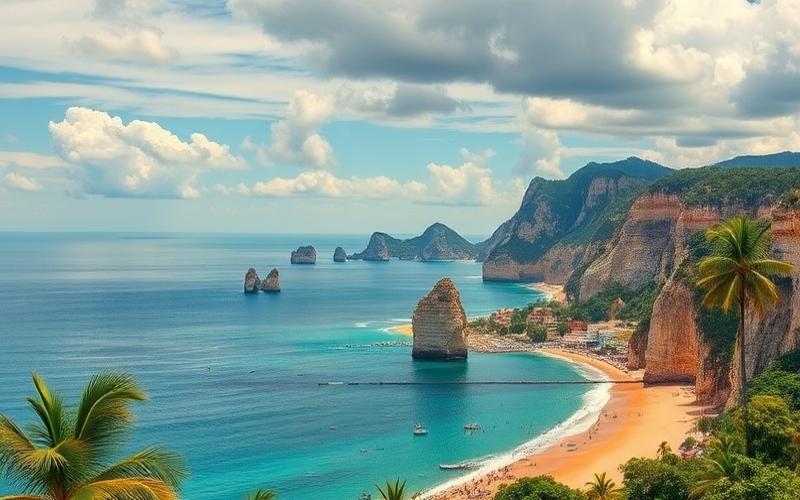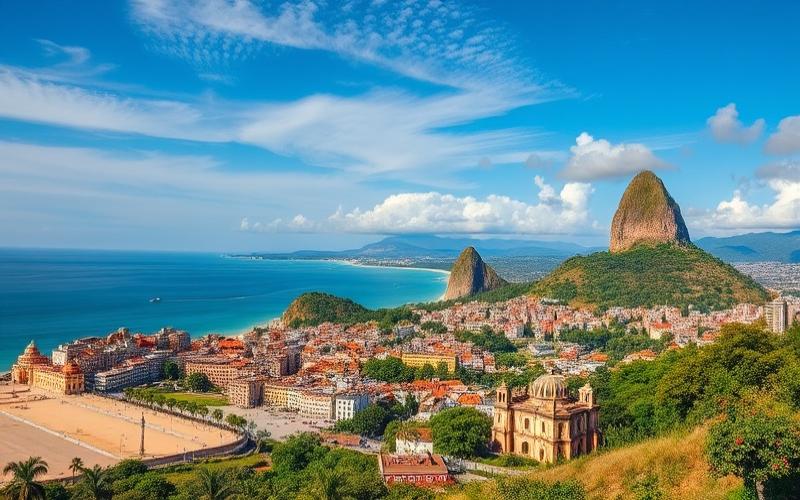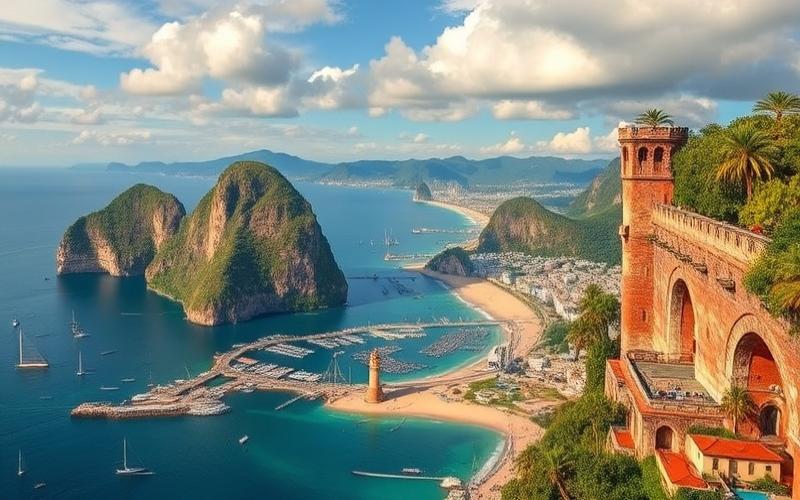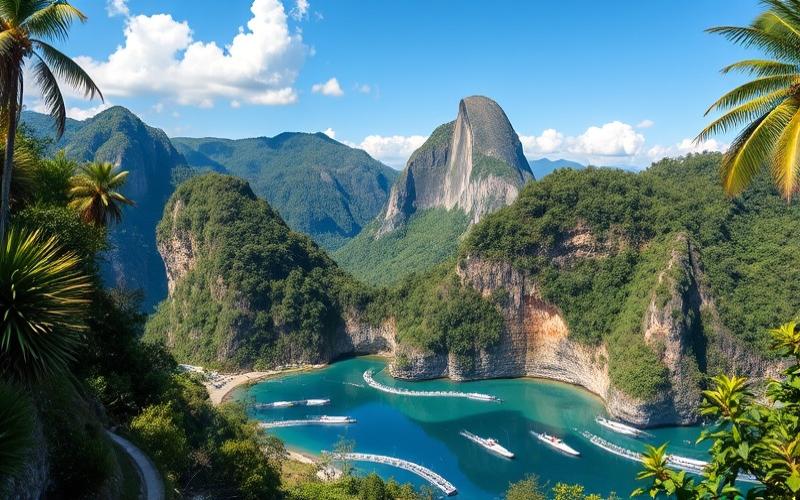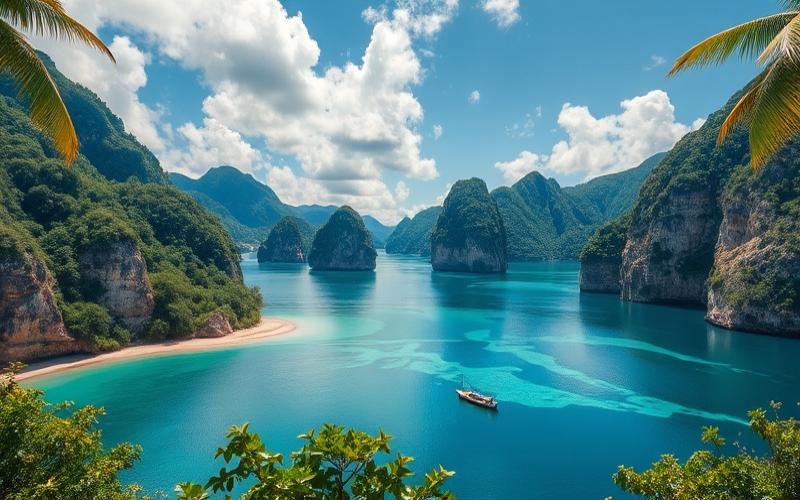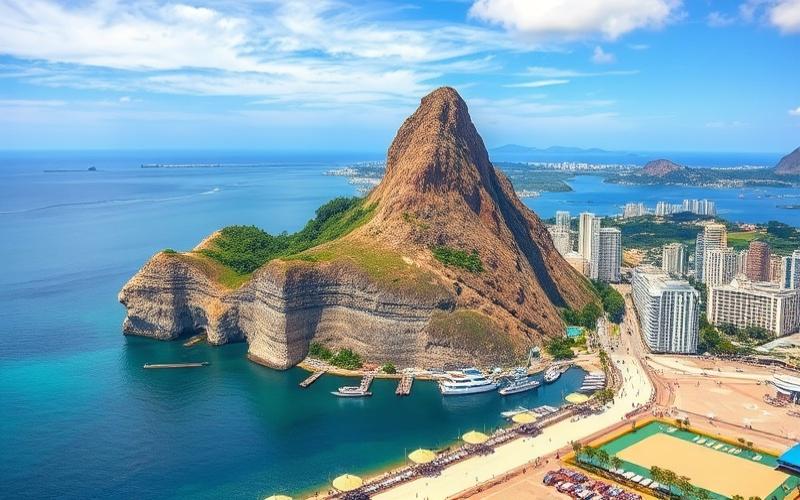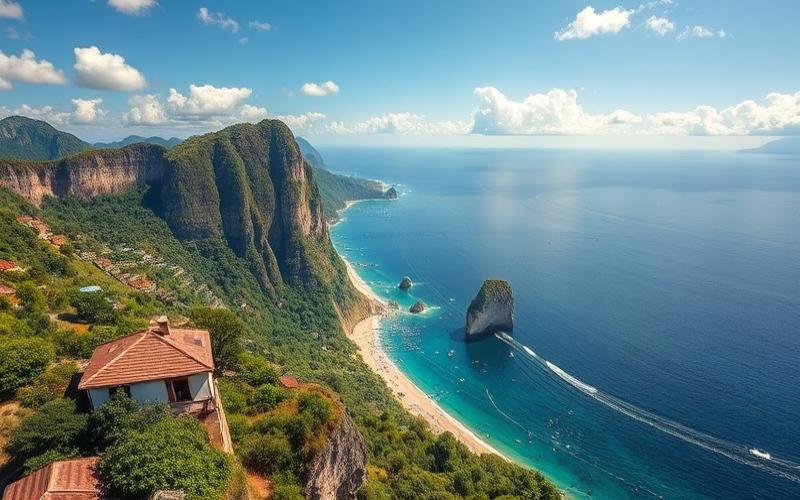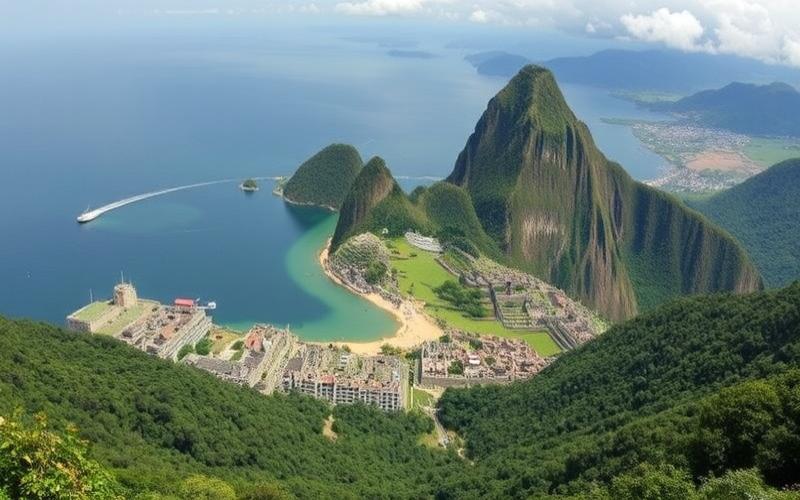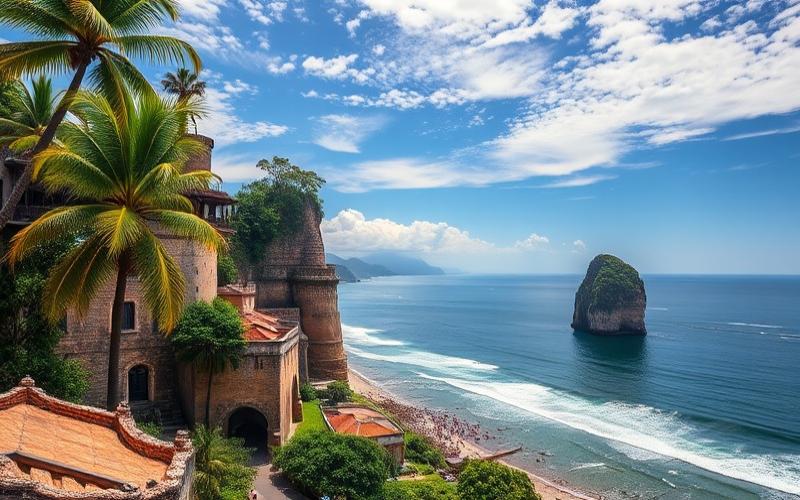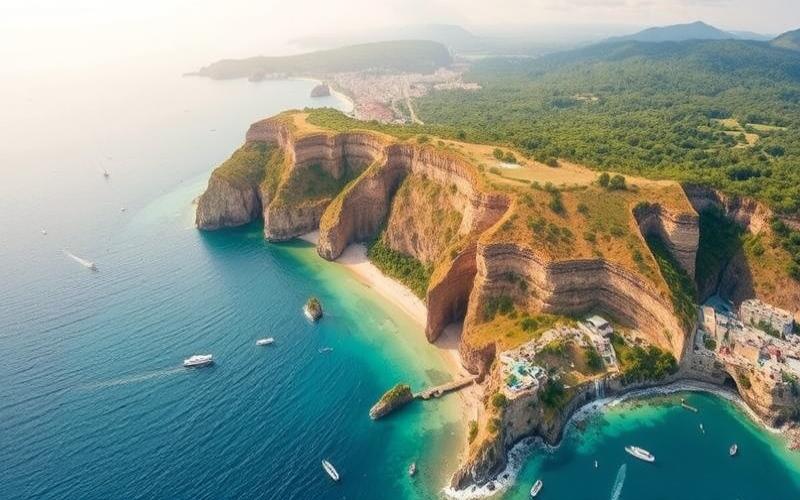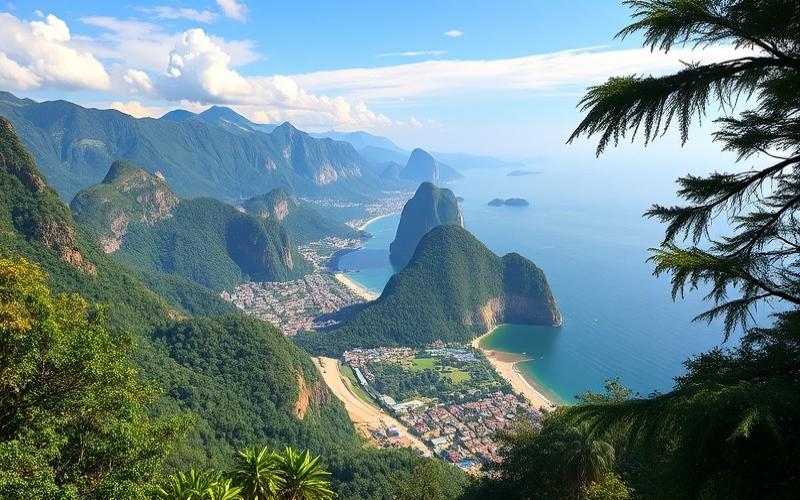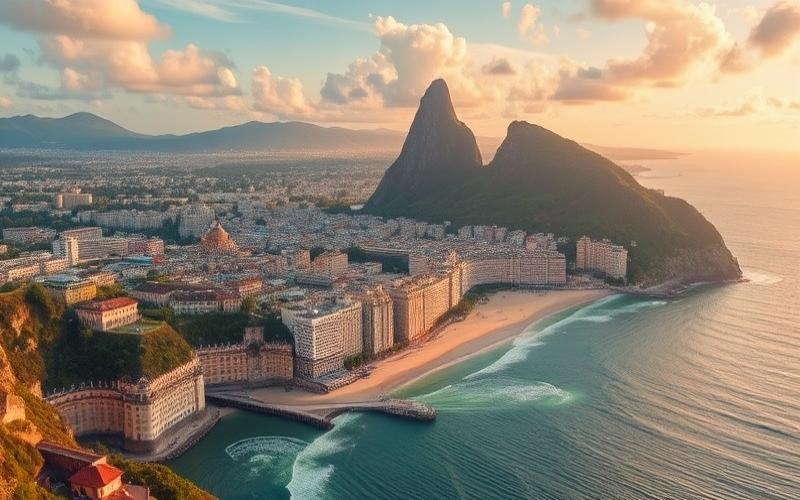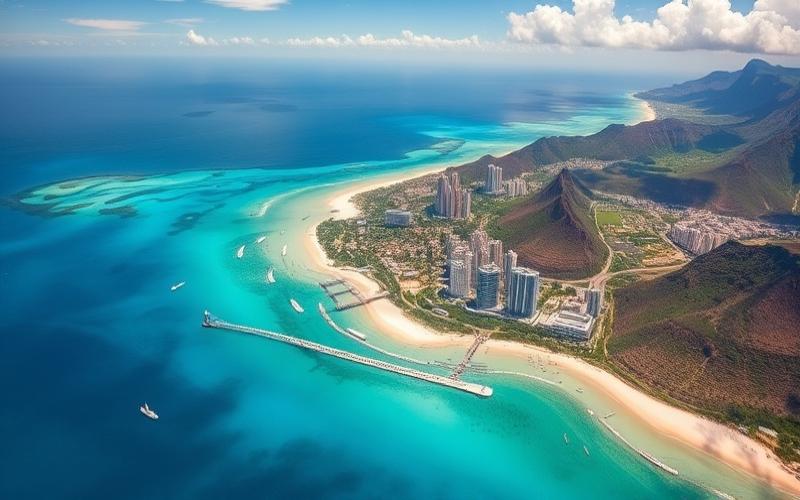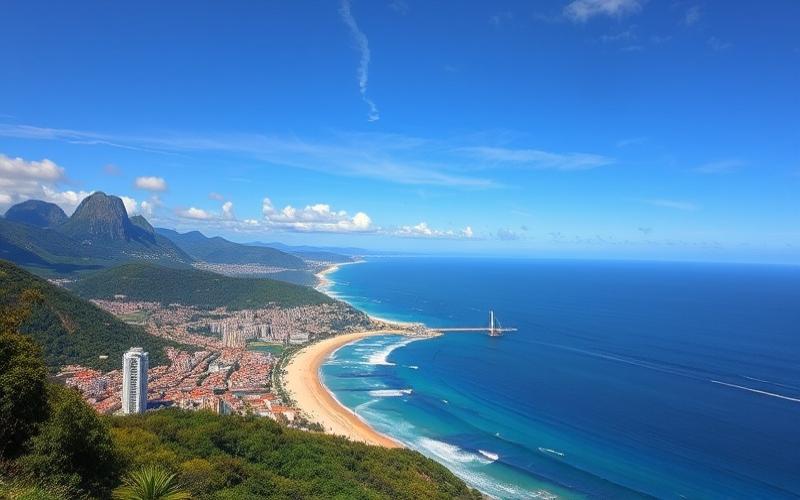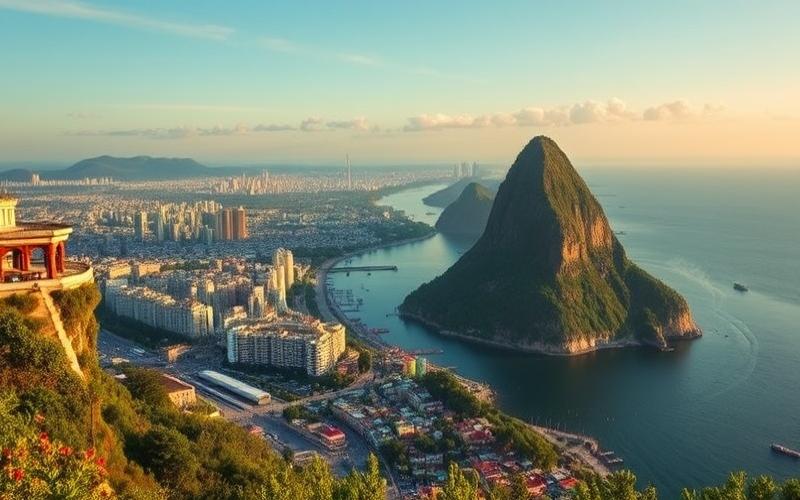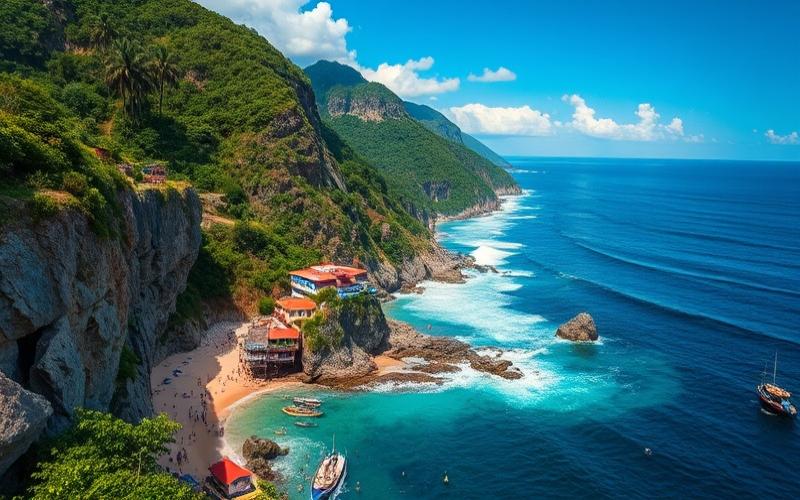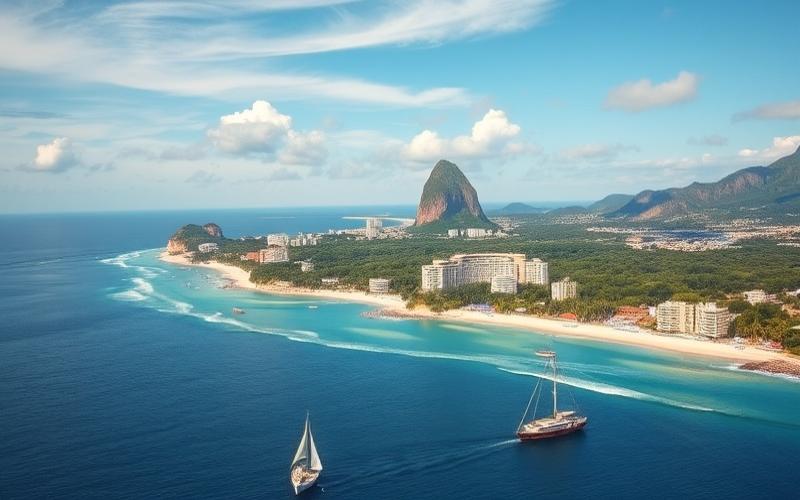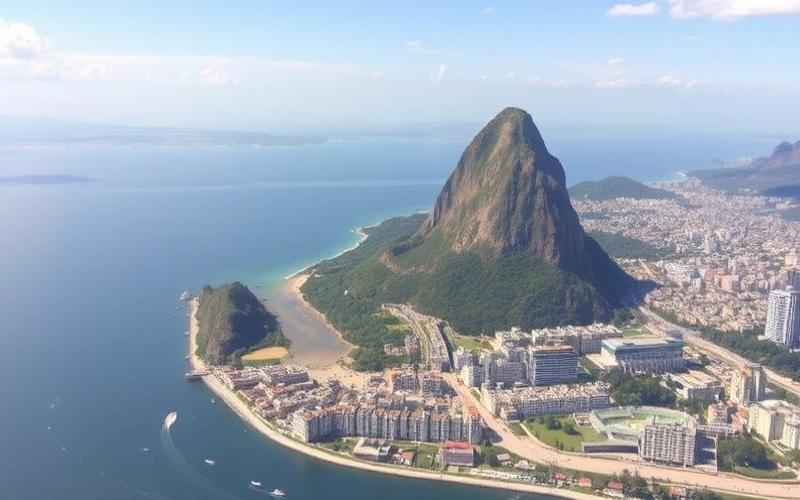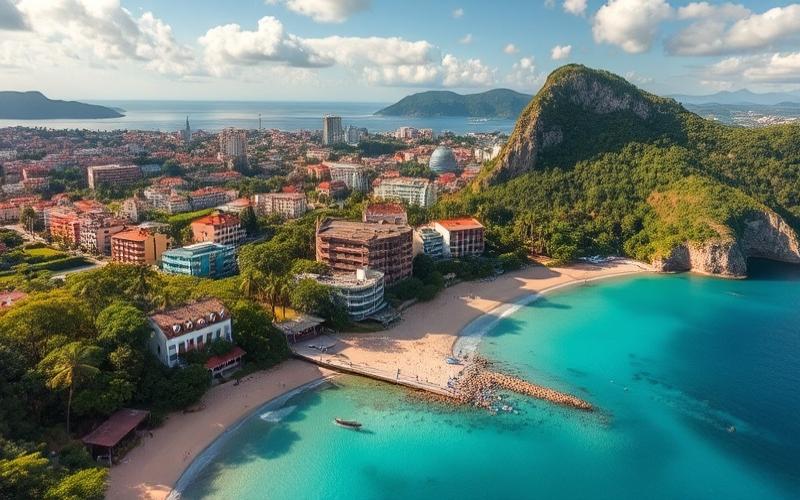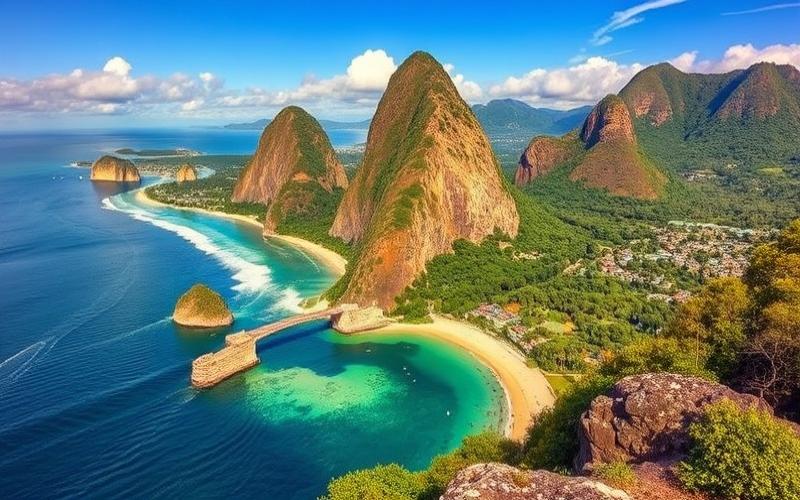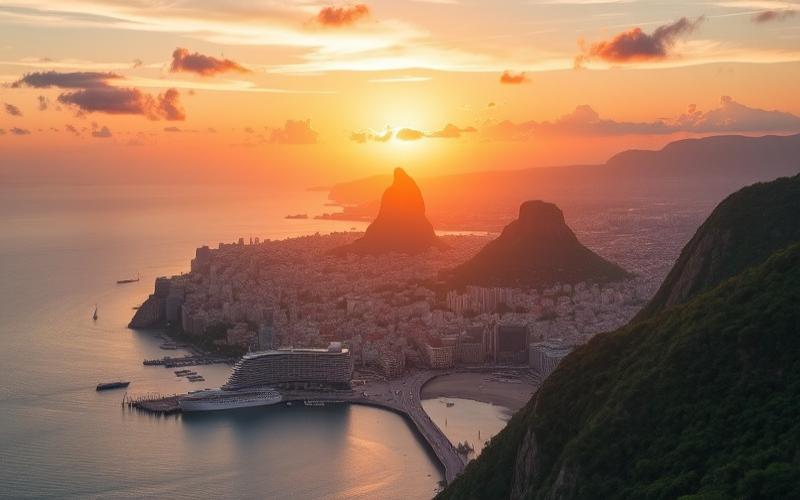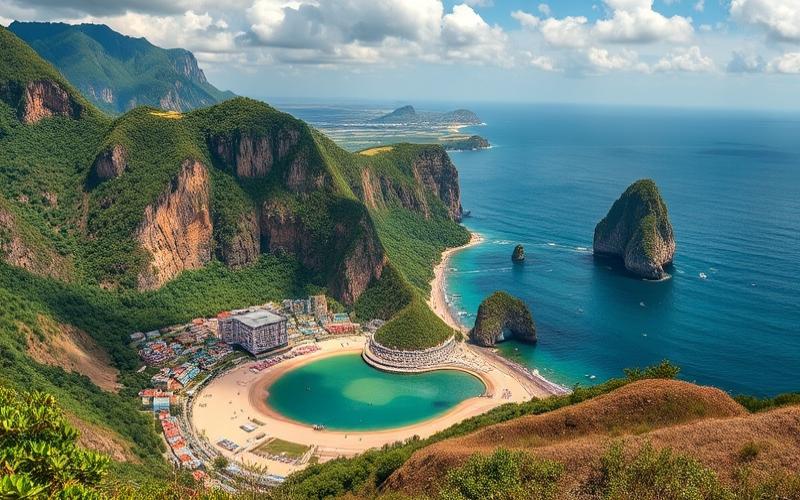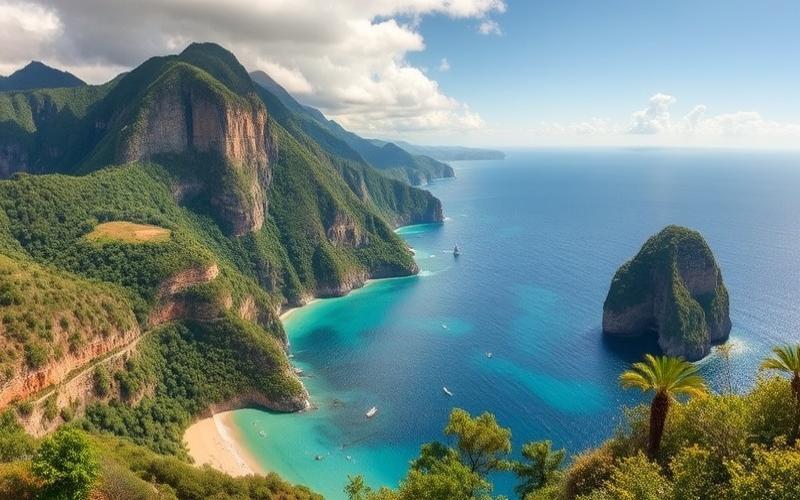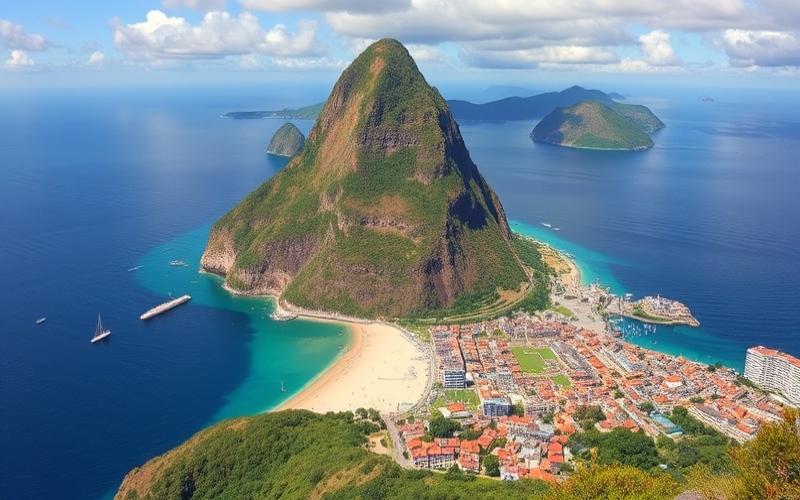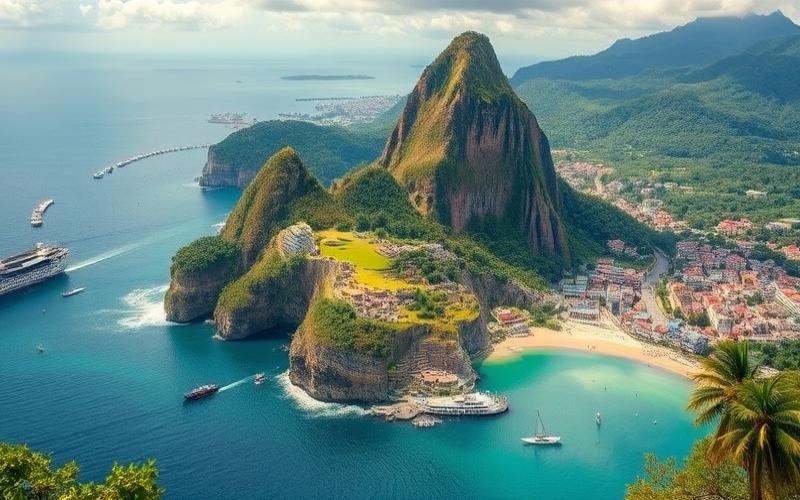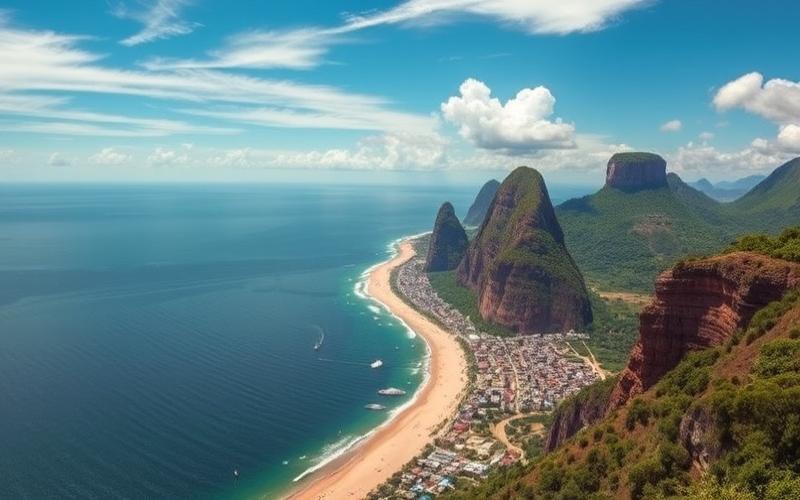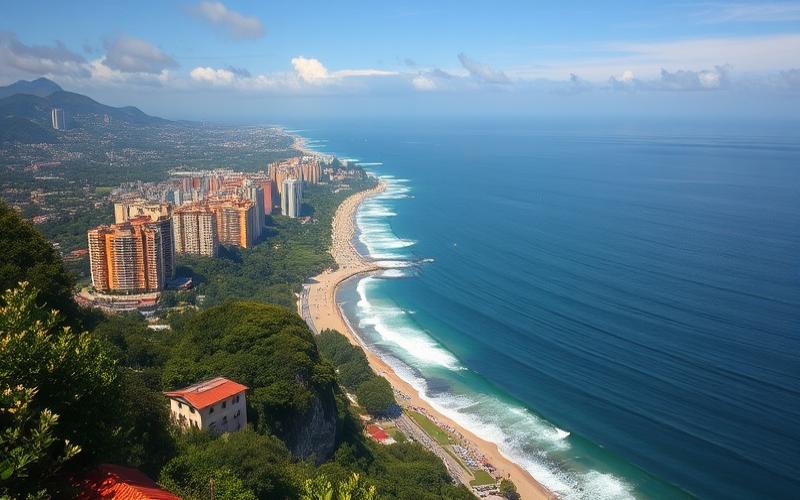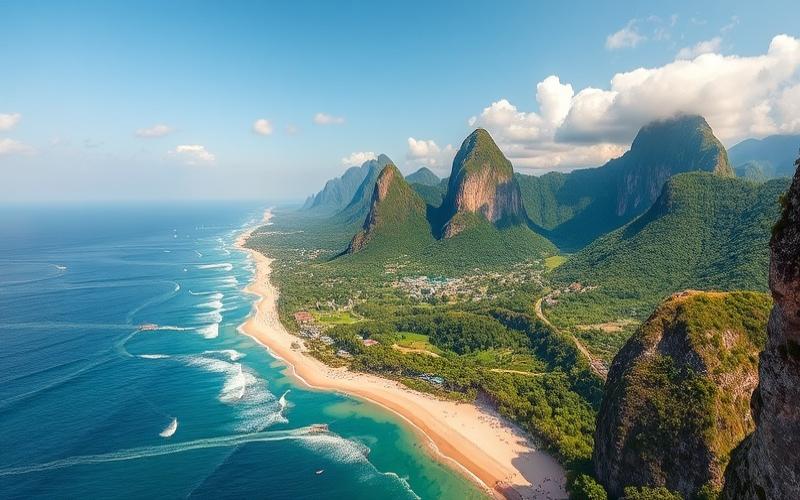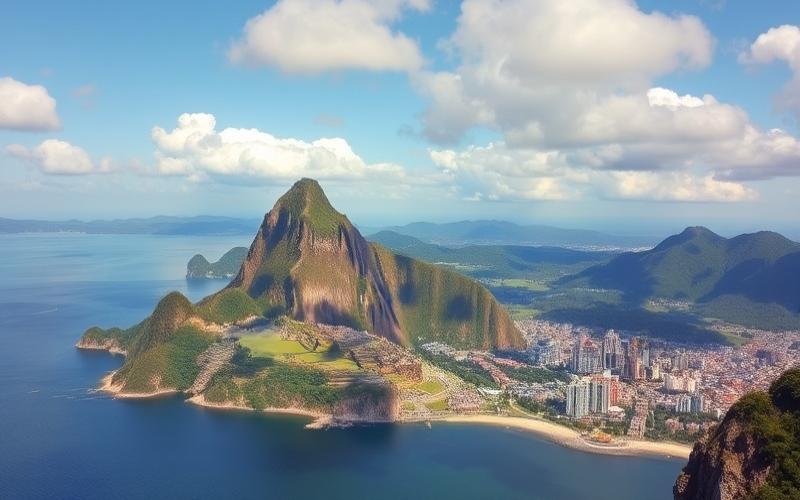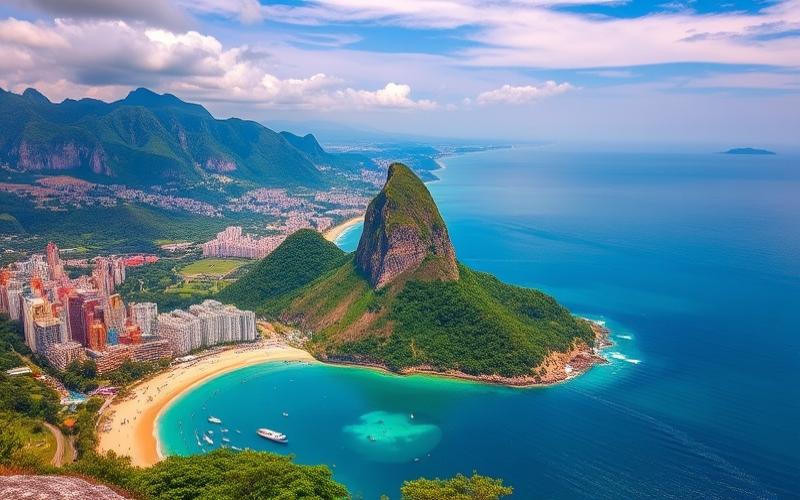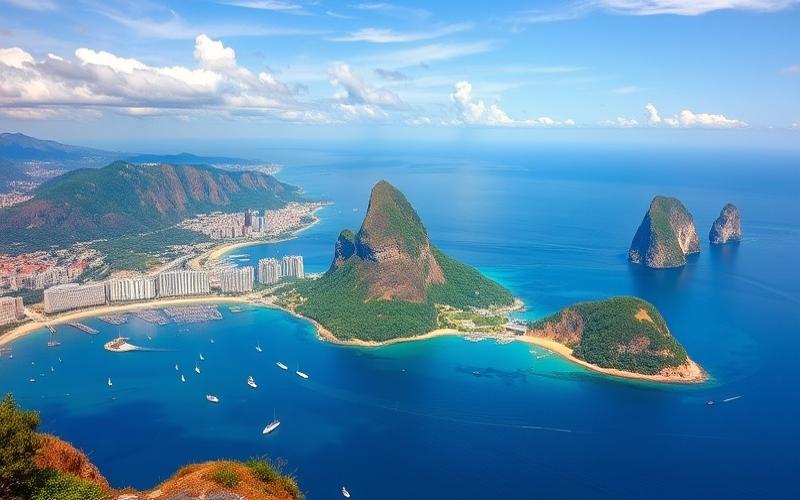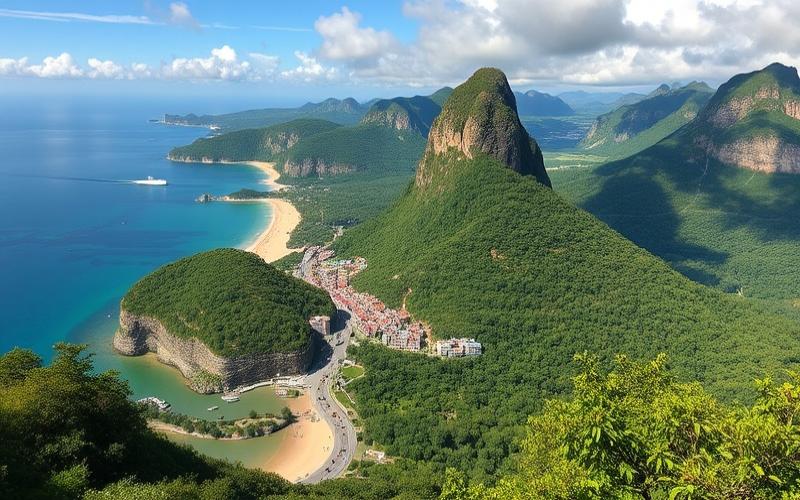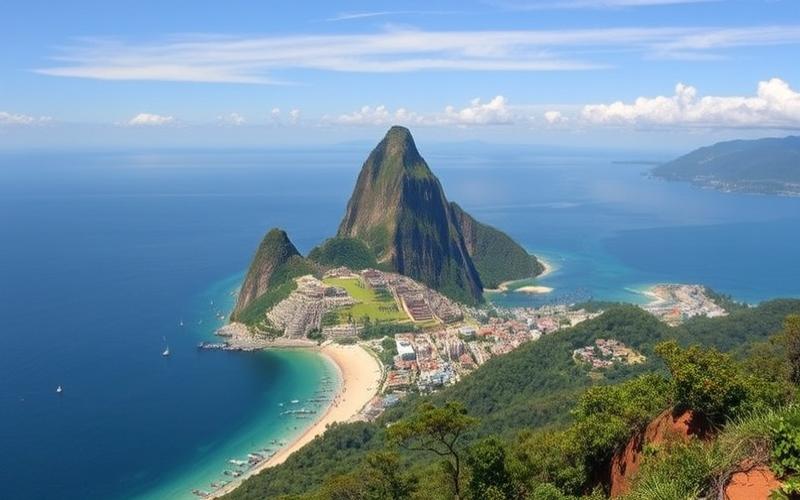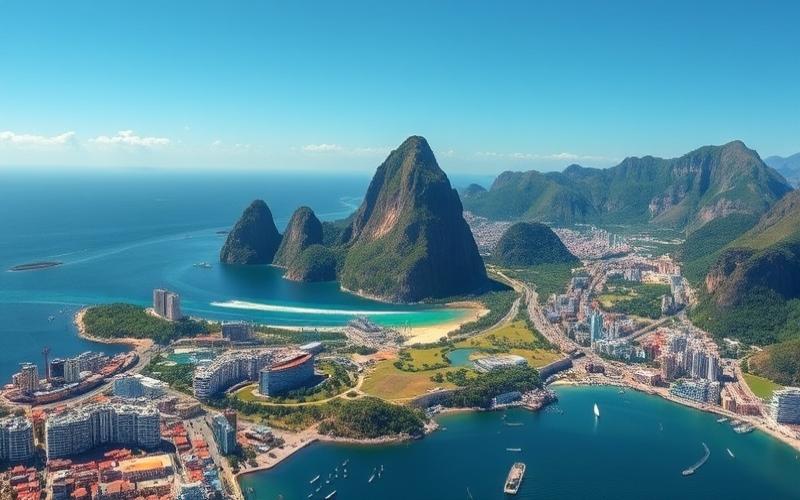
 Published on and written by Cyril Jarnias
Published on and written by Cyril Jarnias
In a world where innovation and creativity are more valued than ever, Brazil stands out through its commitment to protecting creators’ rights with a robust intellectual property law framework. At a time when artistic works, inventions, and trademarks become essential economic drivers, this country provides a favorable environment for protecting and valuing innovative ideas.
The Brazilian intellectual property system was designed to encourage creators while preserving the balance between individual and societal interests, thereby enabling equitable dissemination of knowledge and technologies.
This article explores how Brazilian laws not only provide legal safeguards for local and international innovators but also serve as an inspiring model for nations aspiring to strengthen their own intellectual protection frameworks.
Copyright in Brazil: Legal Frameworks and Protections
Overview of the Legal Framework
Copyright in Brazil is primarily governed by Law No. 9.610 of February 19, 1998 (Copyright Law), which regulates the protection of literary, artistic, and scientific works. This law applies to both nationals and foreigners, subject to reciprocity or international agreements.
Protected Works
The following creations are protected, provided they are original:
- Literary works (books, articles, etc.)
- Artistic works (paintings, sculptures, photographs)
- Musical works
- Audiovisual and cinematographic works
- Computer programs (software)
- Scientific works
- Databases, in certain cases
Rights Granted to Authors
| Type of Rights | Description | Protection Duration |
|---|---|---|
| Moral Rights | Right of attribution, respect for work integrity, right to withdraw or modify | Unlimited, even after public domain |
| Economic Rights | Exclusive right to exploit the work (reproduction, distribution, adaptation, etc.) | Author’s lifetime + 70 years |
- For anonymous or pseudonymous works: 70 years from publication.
- Collaborative works: duration calculated from the death of the last co-author.
- Audiovisual and photographic works: 70 years from their disclosure.
Digital Works and New Technologies
Computer programs receive specific protection under copyright law, supplemented by software legislation.
Software registration, although optional, can be done with INPI (National Institute of Industrial Property).
Brazilian law has evolved to include provisions for protecting works distributed online and in digital environments, although enforcement and adaptation to new technologies remain major challenges.
Current Challenges and Legislative Developments
Law Enforcement: Combating digital piracy, illegal streaming, and unauthorized sharing of works remains complex. Legal proceedings can be lengthy and costly.
Recent Developments: Debates are ongoing about modernizing the law to adapt to digital platforms, artificial intelligence, and online rights management.
Recent decisions have strengthened protection for rights holders against digital platforms and online service providers.
International Collaboration
Brazil is a member of several international conventions, including the Berne Convention and the World Intellectual Property Organization (WIPO).
The country actively participates in international cooperation to harmonize copyright protection and facilitate cross-border enforcement.
Statistics and Landmark Legal Cases
According to INPI, several thousand software programs are registered annually, illustrating the growing importance of digital content.
Court decisions have required platforms to compensate authors for rights violations during unauthorized distribution of audiovisual content.
Anti-piracy campaigns have led to the shutdown of illegal websites, but the circulation of pirated works remains an ongoing issue.
In Summary:
The Brazilian framework offers strong and comprehensive protection, with inalienable moral rights and economic protection lasting 70 years after the author’s death. Current challenges mainly lie in adapting the law to the digital age and ensuring effective enforcement against online infringements.
Good to Know:
The 1998 Copyright Law provides Brazilian creators with moral and economic protections for their lifetime plus 70 years, with recent adaptations to cover digital works against new technology challenges. Brazil closely collaborates with international organizations, contributing to initiatives like the Marrakesh Treaty and demonstrating proactivity in recent legislative reforms to strengthen copyright defense on the global stage.
Patents for Expatriates: Procedures and Challenges
To file a patent in Brazil as an expatriate, specific procedures must be followed, which include particular administrative and language requirements for non-residents. The Brazilian system also presents certain challenges, but specialized resources exist to assist applicants throughout the process.
Procedures for Expatriates
- Mandatory filing with the National Institute of Industrial Property (INPI).
- Two main filing routes:
- National entry under the Paris Convention
- National phase of the Patent Cooperation Treaty (PCT)
- Mandatory local representation: a Brazilian patent agent or attorney must represent foreign applicants.
- Language requirements:
- All documents must be submitted in Portuguese.
- If the initial filing is in a foreign language, a Portuguese translation must be provided within 60 days of filing.
- Required documents:
- Application form
- Technical specification
- Claims
- Drawings (if necessary)
- Abstract
| Procedure | Required Language | Representation | Translation Deadline |
|---|---|---|---|
| Direct filing (Paris) | Portuguese | Local agent | 60 days |
| PCT filing | Portuguese | Local agent | 60 days |
Common Challenges Faced by Expatriates
- Complex navigation through the Brazilian legal system and understanding local requirements.
- Examination delays often lengthy (average 5 years for patent grant).
- Managing official communications (responding to INPI notifications within strict deadlines, typically 90 days).
- Need to maintain protection through annual fee payments starting from the third year after filing.
Available Resources
- Specialized legal services and local law firms expert in intellectual property.
- Intellectual property (IP) advisors who can assist with procedures, manage translations, and ensure compliance with INPI requirements.
- International patent filing platforms that offer centralized tracking and facilitate coordination between local agents and foreign applicants.
Impact of International Agreements
| International Agreement | Impact on Procedures |
|---|---|
| Patent Cooperation Treaty (PCT) | Allows single international filing, then entry into national phase in Brazil within 30 months. Facilitates multinational management and delays initial costs. |
| Paris Convention | Allows claiming priority of a foreign filing up to 12 months after initial filing. |
| European Patent Convention | Not directly applicable to Brazil, but holders can use PCT route to include Brazil among designated countries. |
Good to Know:
Expatriates wishing to file patents in Brazil often need to translate their applications into Portuguese and comply with specific administrative requirements, with the help of specialized advisors to navigate the local legal system and address potential delays. International agreements, such as the Patent Cooperation Treaty, facilitate these procedures by harmonizing certain aspects of filing processes.
⚠️ All patent application documents must be submitted in Portuguese, including for the PCT national phase. Translations must be accurate and certified.
⚠️ Foreign applicants cannot file directly without local representation. A Brazilian patent agent or attorney is mandatory for any procedure with INPI.
Checklist for Expatriates Filing Patents in Brazil
- Identify filing route (direct or PCT).
- Prepare all documents in Portuguese or plan for quick translation.
- Engage a local patent agent.
- Anticipate examination and publication timelines.
- Plan for annual fee payments starting from the third year.
- Use IP advisory resources to facilitate procedures and avoid administrative errors.
- Consider the impact of international conventions on protection strategy.
Expatriates can thus secure their patent rights in Brazil while minimizing risks related to local administrative and legal specificities.
COPYRIGHT in Brazil: Understanding and Applications
Law No. 9.610/1998 constitutes the main legal basis governing copyright in Brazil. It defines rules for protecting literary, artistic, and scientific works, as well as authors’ rights and exceptions to these rights.
Main Legal Foundations and Scope:
- The law applies to all original works of the mind, regardless of their mode or form of expression.
- Foreigners receive protection equivalent to nationals, subject to reciprocity or international agreements.
- Brazil is a member of the Berne Convention, thus ensuring international recognition of copyright.
Rights Granted to Authors by Law 9.610/1998:
| Type of Right | Description | Examples |
|---|---|---|
| Economic | Exclusive right to exploit the work (reproduction, distribution, adaptation, public communication, etc.) | Selling a book, adapting a film |
| Moral | Right of attribution, integrity, disclosure, modification, withdrawal, and access to the work | Claiming authorship, opposing modifications that harm the work |
Examples of Moral Rights (art. 24):
- Claim authorship of the work at any time.
- Require that the author’s name be mentioned when the work is used.
- Oppose any modification detrimental to the author’s honor or reputation.
- Decide on publication or withdrawal of the work.
Work Protection Process:
Protection is automatic upon creation of the work, without requiring registration.
Registration with competent organizations (e.g., National Library) is optional, but recommended as evidence in case of disputes.
Protection Duration by Work Category:
| Work Category | Protection Duration |
|---|---|
| Individual works | Author’s lifetime + 70 years after death |
| Collective works | 70 years from first publication |
| Audiovisual works | 70 years from publication |
| Related rights | 70 years for performers |
Calculation begins on January 1st of the year following the author’s death or first publication.
Recognition of Rights on Foreign Works:
Foreign works receive protection provided they meet reciprocity criteria or fall under an international agreement, such as the Berne Convention.
Limitations and Exceptions to Copyright:
- Use for private purposes, reproduction for personal use without profit motive.
- Justified quotations for study, criticism, or polemical purposes.
- Use in classroom by teachers, within reasonable limits.
- Temporary or transient reproduction necessary for technical or electronic use.
Concrete and Recent Application Examples:
- In 2023, Brazilian courts condemned unauthorized reproduction of textbooks online, strengthening the fight against digital piracy.
- Streaming platforms are regularly required to pay royalties to ECAD (collective management organization) for broadcasting protected music.
Current and Future Challenges in the Digital Environment:
- Proliferation of online piracy and difficulty tracing works on the internet.
- Artificial intelligence generating potentially protected content without authorization.
- Need to adapt legislation to new technologies and cross-border uses.
International Comparison:
| System | Automatic Protection | Standard Duration (after death) | Mandatory Registration | Main Exceptions |
|---|---|---|---|---|
| Brazil | Yes | 70 years | No | Private copy, quotation, teaching |
| European Union | Yes | 70 years | No | Broad exceptions, private copy |
| United States | Yes | 70 years (individual author) | No, but filing possible | Fair use, private copy |
Key Takeaways:
- Brazil offers robust protection, harmonized with international standards, while maintaining specificities regarding moral rights and certain exceptions.
- Digital challenges require constant monitoring and legislative adaptations to effectively protect creators.
Good to Know:
Law No. 9.610/1998 grants Brazilian authors economic and moral rights without requiring registration, with protection lasting 70 years after the author’s death and recognizes rights on foreign works; unlike some countries, Brazil allows private copying for personal use.
Disclaimer: The information provided on this website is for informational purposes only and does not constitute financial, legal, or professional advice. We encourage you to consult qualified experts before making any investment, real estate, or expatriation decisions. Although we strive to maintain up-to-date and accurate information, we do not guarantee the completeness, accuracy, or timeliness of the proposed content. As investment and expatriation involve risks, we disclaim any liability for potential losses or damages arising from the use of this site. Your use of this site confirms your acceptance of these terms and your understanding of the associated risks.

